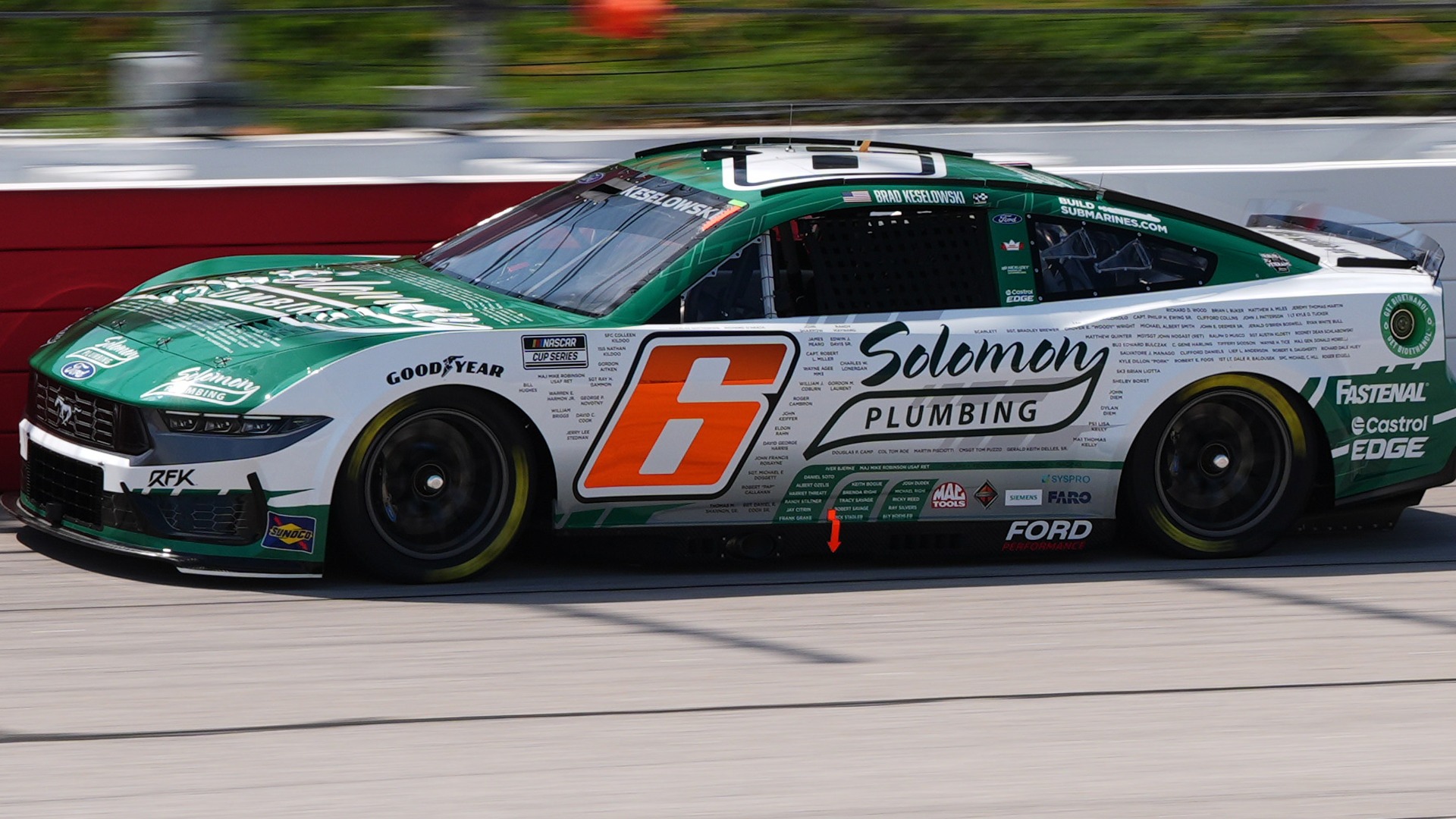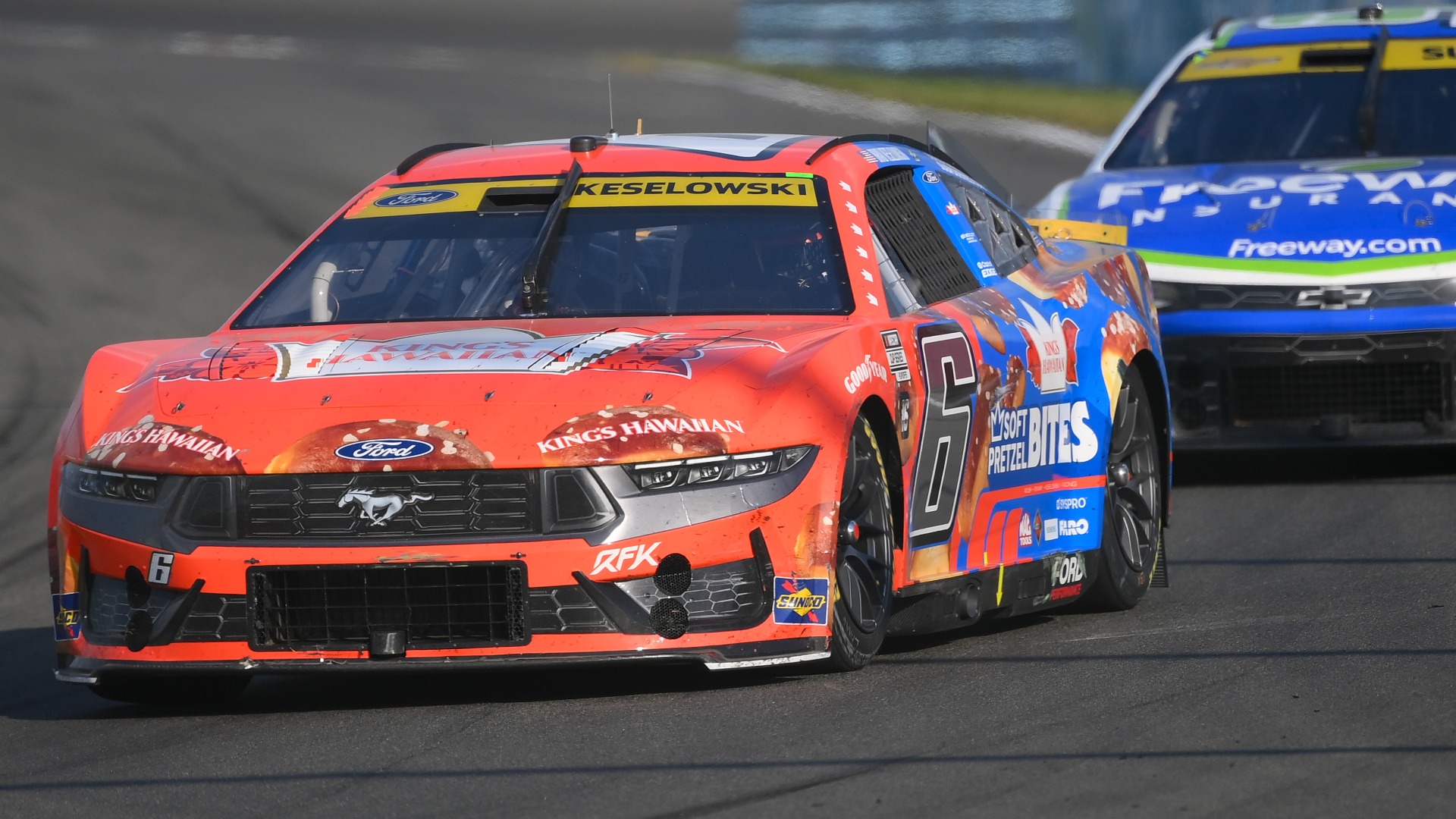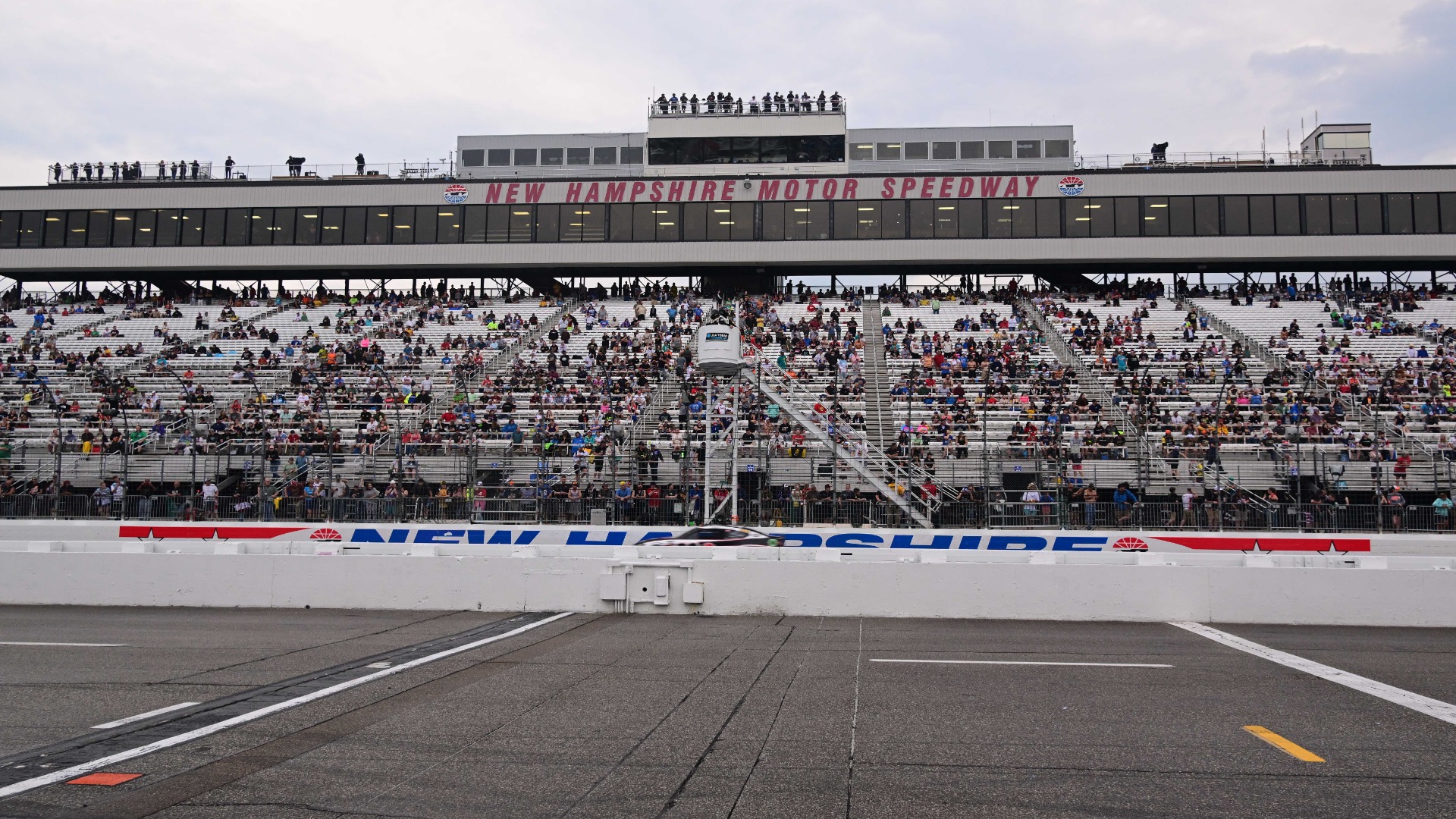A common trend throughout the history of motorsport unfortunately is the fact that often times race tracks and/or series wait until tragedy strikes to upgrade their safety systems. Now, though, Braintree, Mass.-based company Impact Safety Systems (ISS) is working to change that.
ISS announced in April it has compiled a document full of information on various types of barriers to help race track officials decide which solution is the best for their facilities. The comparative analysis is the first of its kind in the motorsport industry, and was completed over the course of nine months by an outside research firm hired by ISS.
Founded by RJ Valentine in 2000, ISS produces interlocking barriers for car and kart racing that can be rearranged to suit a given track configuration. In addition to its products, the comparison includes information on systems including the TechPro Barrier used in Formula One and the SAFER Barrier used in NASCAR and IndyCar, as well as the more traditional tire walls and ARMCO rails.
Valentine’s reason for launching the analysis of different safety solutions was the same one that caused him to start ISS, to inform tracks and help prevent unnecessary injuries to drivers. While talking to NESN Fuel in December, in fact, he acknowledged ISS products aren’t right for every type of facility, such as super speedways, which use SAFER Barriers.
“Even if tracks choose an alternative barrier, at least they’re moving forward with attempts to mitigate harm and will potentially save some lives,” Valentine said in a statement. “Many of the growing number of serious injuries, concussions and driver deaths were/are preventable — all that’s required to do so is to mitigate the impact with a softer landing.”
ISS and Valentine’s research was finalized just as safety is front of mind in the racing community.
In the last two weeks, there have been two major accidents in Europe, one in a Formula 4 race that caused the driver to have both his legs amputated, and another fatal one at Fernando Alonso’s karting track. Although modern barriers wouldn’t have helped in those incidents, they could have made a difference in the crash that killed three-time F1 world champion Ayrton Senna, the 23rd anniversary of which was Monday.



